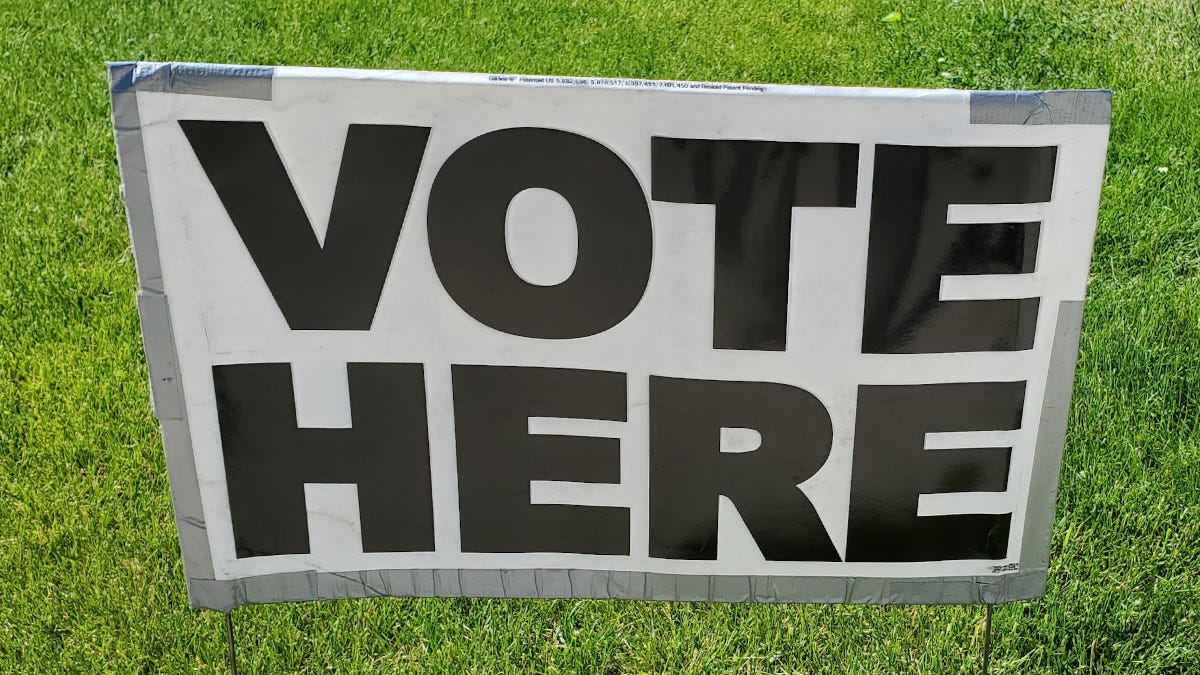A model for local voting
On pillars of the community, self-promotion, and a possible model for deciding how to vote in local elections
In November, many American communities held local elections for city councils and school boards. And while some places have succumbed to the temptation to turn those campaigns into referenda on tired national themes, local offices are still often filled on the basis of real community-level issues and individual candidate merit.
■ A simple heuristic for choosing good candidates might look something like this, in descending order of importance: Eliminate radicals from consideration, don't let foxes guard henhouses, favor real stakeholders in outcomes before self-promoters, favor independents over squads, seek balance with some gentle tension, steer clear of single-issue candidates, and look for those with reputational equity at risk.
■ It should be obvious why radicals of all stripes should be eliminated from contention. And it should also be fairly clear why single-issue candidates are toxic, too: Any office of any importance will face a range of issues over the course of a normal term of office, and if someone runs as the standard-bearer for just one issue, they're depriving voters of the information needed to make an informed judgment about trusting them with many other decisions.
■ The problem of letting foxes guard henhouses is especially acute where labor unions are involved; teachers' unions (and other public-sector unions) often have very strong feelings about which candidates they want seated in office, yet the conflict of interest that creates should be just as obvious as the one that would exist if, say, a landlord leased a district all of its school buildings and wanted a seat on the school board.
■ For similar reasons, those who run independently -- as long as it's done in good faith, rather than "against everybody" -- ought to win a few marks over those who run in squads. As it's often been said: If everyone is thinking alike, then not everyone is thinking.
■ Some people run for local offices as an obvious springboard to higher offices, and while some of them bring high energy and expansive talent, it's better to find real stakeholders who plan to stick around long enough to experience the consequences of their own choices over the long run. Likewise, the person who has earned reputational equity outside of running for office ought to generally be a better bet than the fresh face without a known track record; the person who has already built a name as a pillar of the community has more to lose by going wrong than the person who could just as easily move down the road without losing anything.
■ And, in most group settings, better decisions are reached if there is some gentle tension in place among competing interests or those with different perspectives. Good decision-making often depends more on avoiding knowable errors than on achieving routine consensus. It's more likely that those errors will be rooted out if some natural healthy disagreement is represented at the table as a matter of course.



